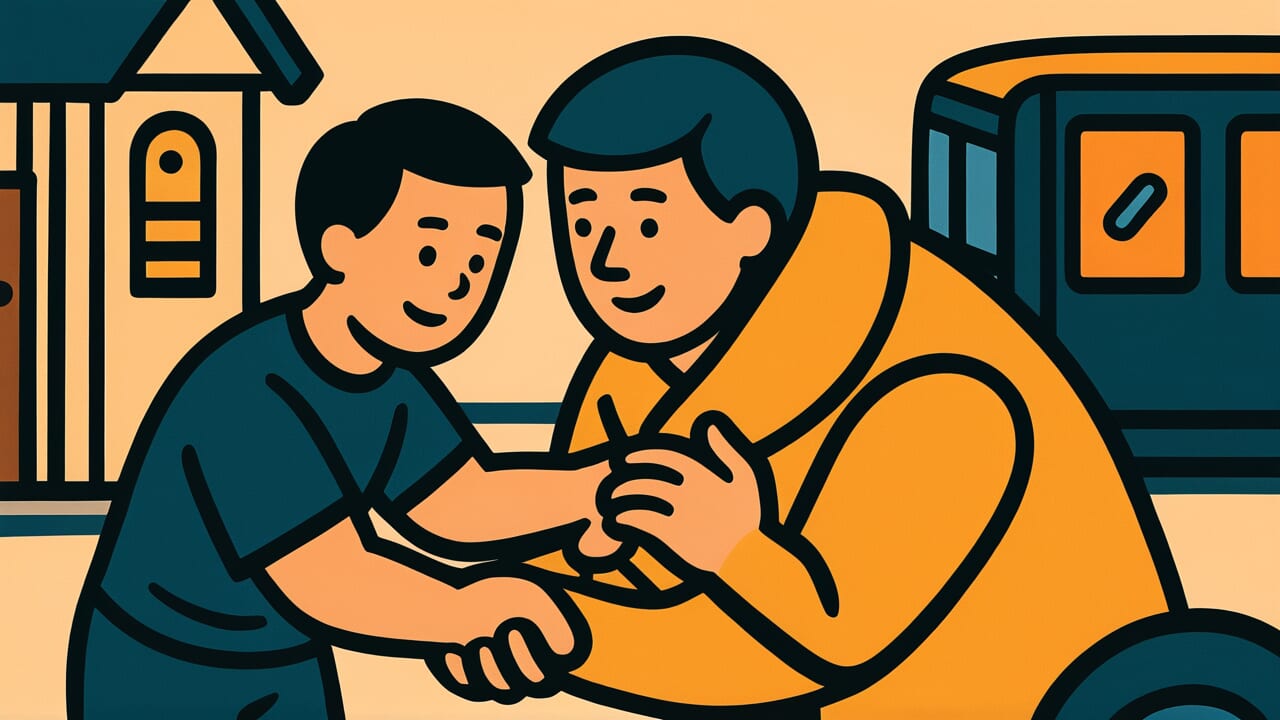How to Read “First care for health, second care for the sick”
Ichi ni yōjō ni ni kaihō
Meaning of “First care for health, second care for the sick”
This proverb means that daily health management is most important, and nursing the sick comes second. It teaches that maintaining health through everyday habits is more valuable than rushing to treat illness after it strikes.
Specifically, it means you should prioritize regular living, balanced meals, moderate exercise, and sufficient sleep. If you do get sick, then proper nursing and care become necessary. The proverb shows this order of priorities.
Modern preventive medicine has proven this scientifically. But this proverb understood the truth long ago, even when medical technology was undeveloped. Prevention is the best medicine.
The saying reminds us to value prevention. Get health checkups, review your lifestyle habits, and manage stress. These actions before illness strikes are what truly matter.
Origin and Etymology
The exact source of this proverb is unclear. However, it likely reflects medical thinking from the Edo period. Medical care then was not as advanced as today. Treatment after getting sick had serious limits.
That’s why daily health management, or “yōjō,” was valued above all else. People focused on not getting sick in the first place.
“Yōjō” comes from Chinese medical philosophy. It means maintaining health through proper diet, sleep, and exercise in daily life. During the Edo period, books about health care became popular. Kaibara Ekiken’s “Yōjōkun” was widely read. Preventive medical thinking spread even among common people.
“Kaihō” means nursing and caring for sick people. The proverb puts “yōjō” first and “kaihō” second for a reason. It shows the priority order in healthcare.
Staying healthy comes first. If you do get sick despite your efforts, then proper nursing becomes necessary. Because medical technology was limited back then, people understood prevention’s importance very deeply. This proverb captures that urgent understanding.
Interesting Facts
Edo period health practices included “eat until 80% full,” “early to bed, early to rise,” and “moderate exercise.” These are almost identical to modern health advice. Even without scientific evidence, people understood the essence of staying healthy through experience.
The word “kaihō” originally meant the physical act of “holding someone in your arms.” It later came to mean caring for the sick. The word itself reflects the essence of supporting and staying close to someone who is ill.
Usage Examples
- After retirement, I follow “first care for health, second care for the sick” by walking daily and eating healthy meals
- I could push myself when I was young, but at this age I really feel that “first care for health, second care for the sick” is true
Universal Wisdom
This proverb has been passed down because it contains deep insight into human nature. People often only realize something’s value after losing it. Health is a perfect example. We truly appreciate being healthy only after we get sick.
Our ancestors knew this human weakness. Yet they still put “first care for health” as the top priority. This isn’t just health advice. It’s a teaching about life’s essential priorities.
It’s far wiser to prevent problems than to deal with them after they occur. This is a universal truth that applies everywhere.
The proverb also shows humble recognition of human limits. Even with excellent medical care and nursing, fully recovering lost health is difficult. That’s why small daily efforts matter more than anything else.
Modern people often postpone health management because they’re busy. But this proverb teaches a timeless truth. The choices you make right now determine your future.
The value of prevention and preparation applies to all areas of life, not just health. This wisdom transcends time and circumstance.
When AI Hears This
Systems have “leverage points” where intervention can be tens of times more effective. This proverb brilliantly identifies the most efficient intervention point.
Imagine a house with a water leak. Wiping the floor (care for the sick) is much harder than turning off the faucet (care for health). This is the difference between upstream and downstream in a system.
In the disease system, the pre-onset stage is upstream, and post-onset is downstream. Small upstream interventions prevent big downstream problems.
What’s interesting is how the proverb ranks them “first” and “second.” This isn’t just priority order. It represents the difference in investment efficiency.
American healthcare economics research shows that every dollar invested in preventive medicine saves five to ten dollars in treatment costs. In other words, health care is five to ten times more effective than sick care.
Notice that the proverb doesn’t say “make nursing unnecessary.” It keeps “second care for the sick.” This acknowledges that perfect prevention systems don’t exist. It recommends two-layer defense.
This is exactly what modern risk management calls “defense in depth.” People in the Edo period identified the optimal intervention point in systems through experience alone.
Lessons for Today
This proverb teaches you that small daily choices accumulate to determine your quality of life. Getting health checkups, taking the stairs, adding one more vegetable to your meal. These tiny actions create big differences in your future.
Modern society makes it easy to postpone your health because of work stress and busyness. But if you lose your health, even great success loses half its value.
“First care for health” reminds you of an obvious but easily forgotten truth. Today’s choices create tomorrow’s you.
This teaching applies beyond health. It works for relationships, work, and money management too. Don’t panic after problems arise. Instead, take daily care to prevent problems from happening.
That accumulation leads to a peaceful and fulfilling life. Small acts of health care you can start today will brighten your future.



Comments